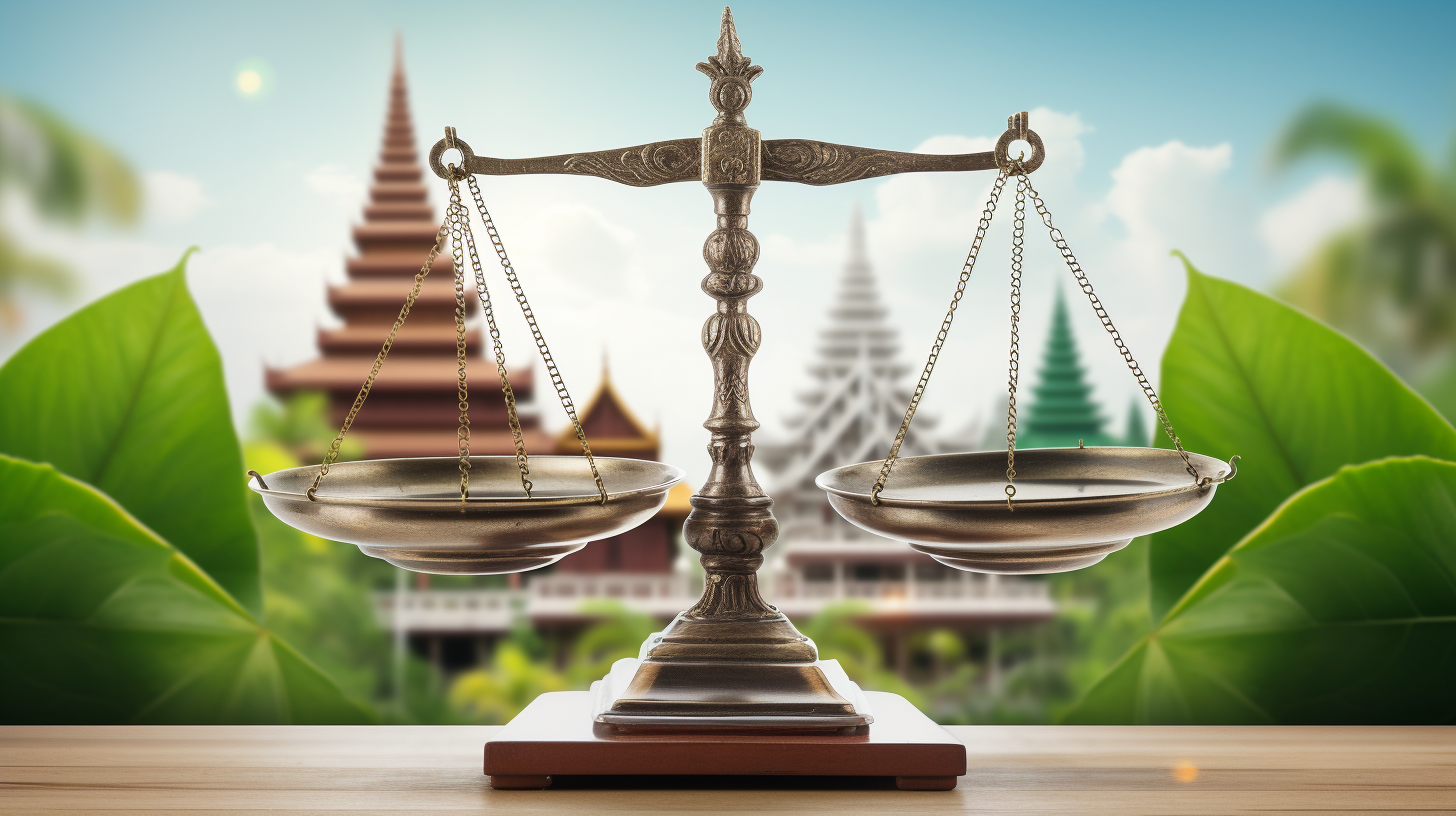Why It Matters: Thailand’s new Cannabis-Hemp Act represents a significant shift in the country’s approach to cannabis regulation, balancing medicinal use and preventing recreational abuse.
The Big Picture: The Act maintains cannabis as a controlled herb, with strict regulations on cultivation, sale, and use, aiming to close existing loopholes in the law.
Driving The News: The Public Health Ministry in Thailand has unveiled the first draft of the Cannabis-Hemp Act, marking a pivotal change in cannabis legislation.
BANGKOK, THAILAND. – Thailand’s journey towards a new era in cannabis regulation has reached a crucial milestone with the unveiling of the first draft of the Cannabis-Hemp Act by the Public Health Ministry. This Act signals a significant shift in the regulatory framework surrounding cannabis in the country, with Public Health Minister Cholnan Srikaew emphasizing the government’s commitment to medicinal cannabis use while clarifying that recreational use will not be permitted.
Understanding the Cannabis-Hemp Act
The core of the Act maintains cannabis as a controlled herb. However, any extract containing more than 0.2% tetrahydrocannabinol (THC) is still classified as a narcotic. This distinction is crucial in understanding the government’s stance on cannabis use: while supporting its medicinal benefits, there is a clear boundary against recreational use.
Regulations on Personal Cultivation and Cannabis Shops
Initially, households were allowed to grow up to 15 cannabis plants for personal use, with a simple notification to local authorities. However, this loophole was quickly exploited by commercial growers. The updated law now requires individuals to seek permission before cultivating cannabis, even for personal medicinal purposes.
Cannabis shops with existing licenses can continue operations but must comply with new regulations. These include prohibiting on-site cannabis smoking, refraining from selling dried cannabis buds, reporting all sources of product, and recording the purchaser’s details.
Venue Restrictions and Grey Areas
The law aims to identify specific venues where the sale or use of cannabis is prohibited. While not intending to shut down all cannabis shops, the government emphasizes compliance with the law. The sale of cannabis buds for smoking or providing smoking equipment inside shops will be prohibited.
The legality of smoking cannabis at home remains uncertain and is subject to public feedback. This grey area highlights the need for further clarification and public input.
Cannabis and Hemp Distinction
The issue of whether cannabis and hemp should have separate laws has been raised. Currently, hemp is considered a type of cannabis with low THC levels and is covered under existing legislation.
Public Feedback and Future Steps
The Public Health Ministry plans to provide a window for public feedback on the draft law to ensure a comprehensive approach. The public will have until mid-December to share their opinions, and the minister will analyze this feedback before submitting the finalized law to the Cabinet at the start of 2024.
In Conclusion
Thailand’s Cannabis-Hemp Act marks a significant step in refining the regulatory landscape surrounding cannabis. Striking a balance between medicinal use and preventing recreational abuse, the government aims to bring clarity to the industry while seeking input from the public for well-informed and inclusive approaches to medical use and recreation use.
